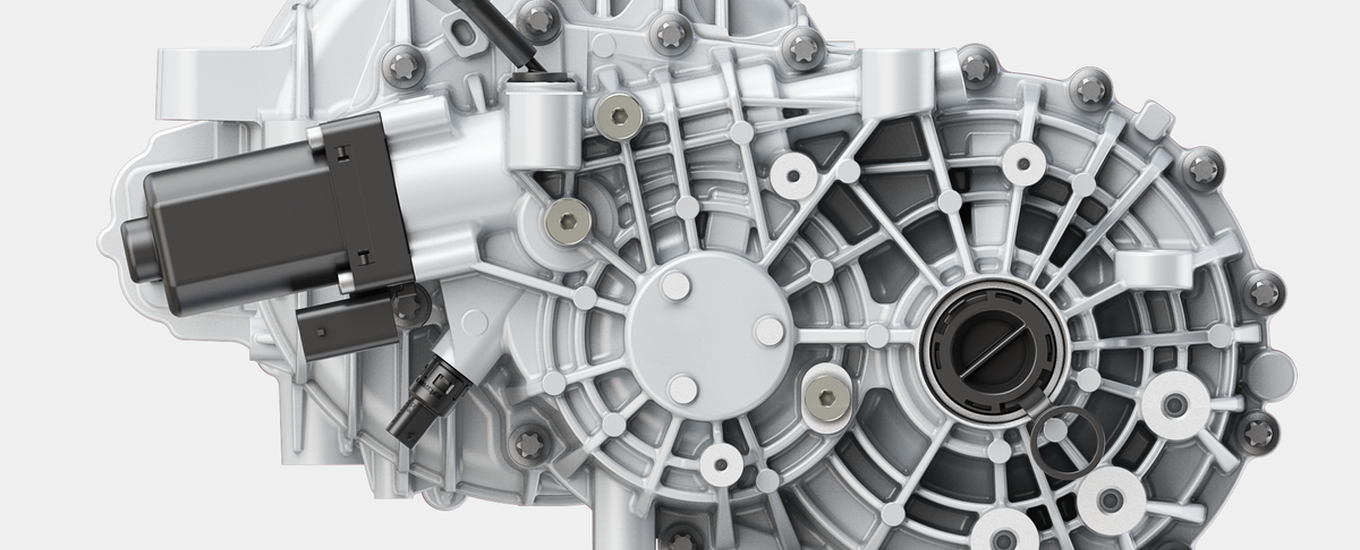
HEFT: EU research project for cheaper, sustainable electric motors

The goal of the HEFT project is to create a synchronous electric motor for next-gen EVs that is more efficient and less dependent on materials sourced from China /HEFT Project
Eight European partners, of which five research facilities and three industrial partners, have joined forces to create a next-gen electric d


Comments
Ready to join the conversation?
You must be an active subscriber to leave a comment.
Subscribe Today